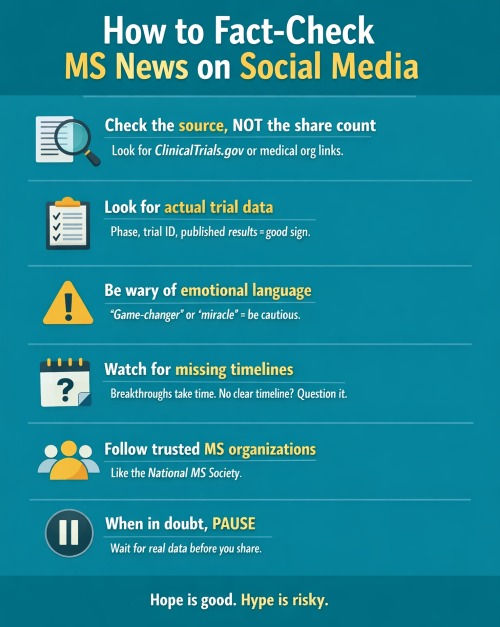A First-of-Its-Kind MS Treatment Moves Closer to FDA Approval
- Joe Weber

- Apr 15, 2025
- 2 min read

There’s a wave of optimism building in the MS community. Tolebrutinib—a once-daily oral Bruton’s tyrosine kinase inhibitor (BTKi)—has officially been submitted to the FDA for approval, and if approved, it could become the first treatment of its kind specifically targeting non-relapsing forms of MS, including non-relapsing secondary progressive MS (SPMS). The FDA is expected to make its decision by September 28, 2025.
This is a potentially historic step forward for those living with progressive MS—particularly individuals who experience gradual worsening of symptoms without relapses. Until now, this group has had very few effective treatment options.
Why Tolebrutinib Could Be a Game-Changer
Most existing MS therapies focus on reducing relapses and inflammation in the early stages of the disease. But for people with non-relapsing SPMS, inflammation becomes more subtle and hidden—often smoldering within the brain itself. That’s what makes Tolebrutinib so exciting. Unlike many current treatments, it crosses the blood-brain barrier and directly targets immune cells like B cells and microglia inside the central nervous system.
In clinical studies published in The New England Journal of Medicine, Tolebrutinib showed promising results in reducing brain lesions and inflammatory activity. It represents a new approach: one that doesn’t just manage visible symptoms, but could potentially slow the hidden progression that drives long-term disability.
What’s Next?
Tolebrutinib is currently under FDA review, and while it's not yet approved, the buzz surrounding its potential is hard to ignore. If greenlit, it would be the first BTKi available for MS and a long-awaited treatment option for people living with non-relapsing SPMS.
For many, this isn’t just about a new medication—it’s about validation, progress, and the hope of finally having a therapy that meets the needs of a deeply underserved group within the MS community.








Comments